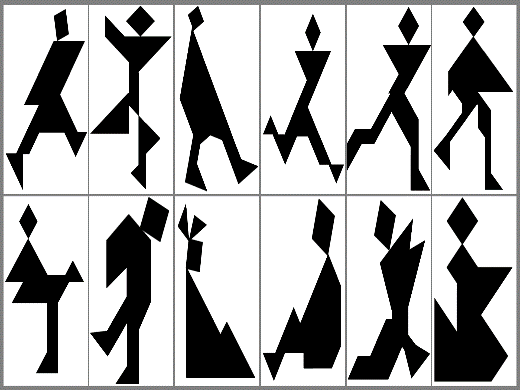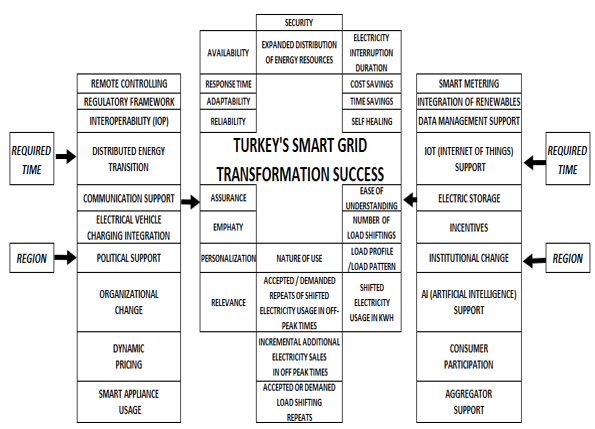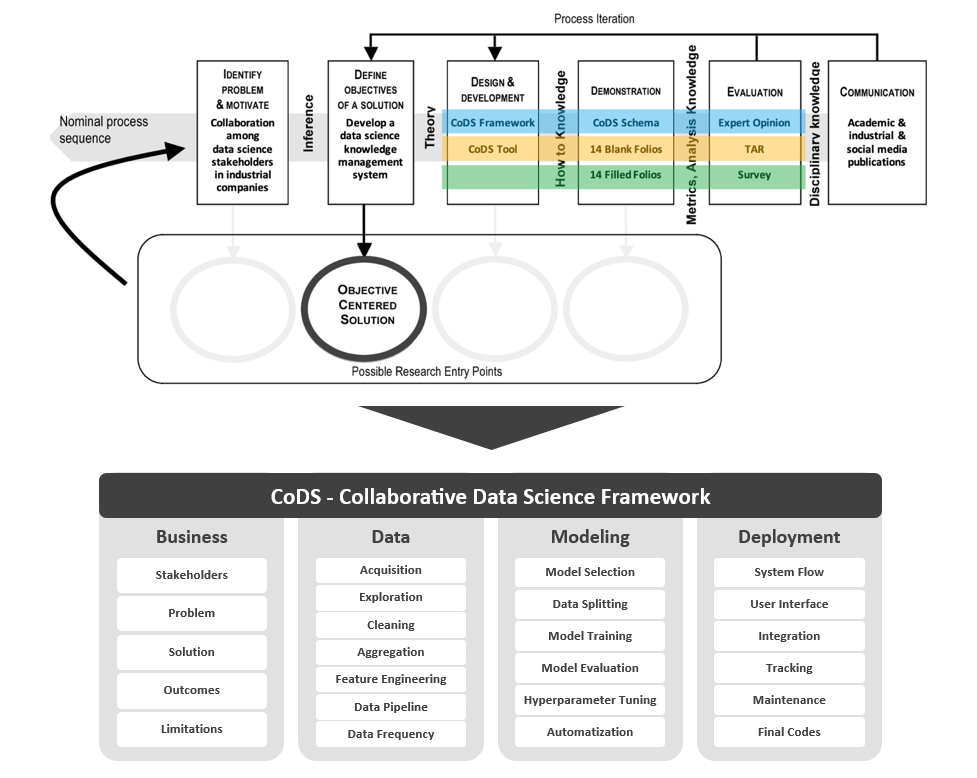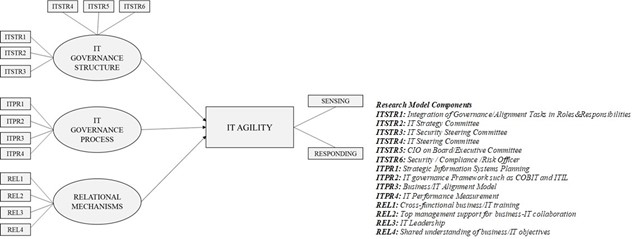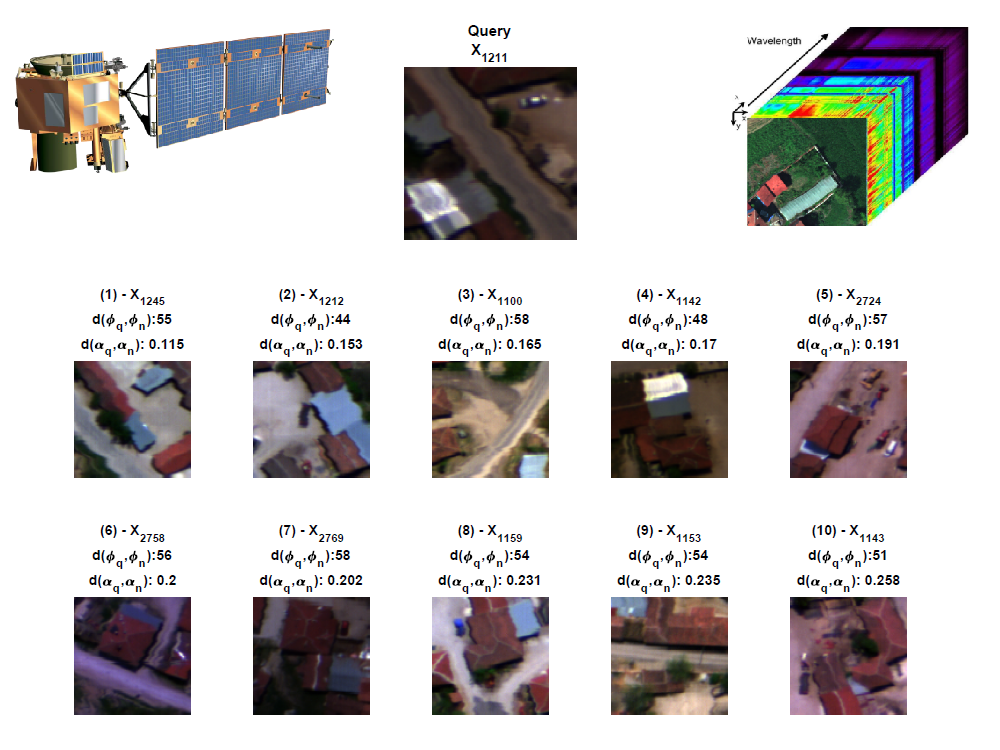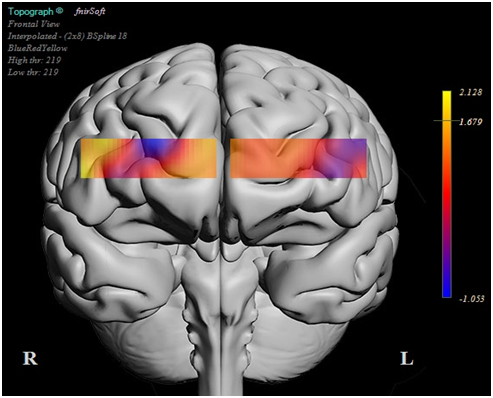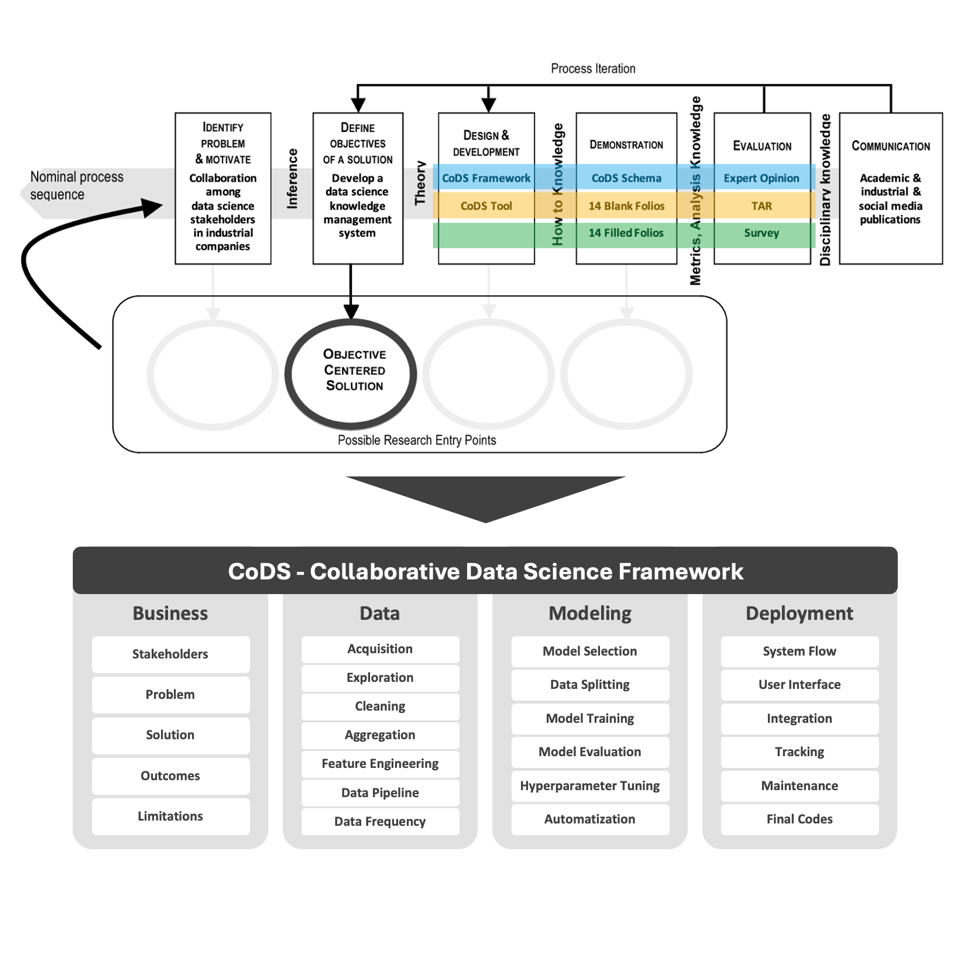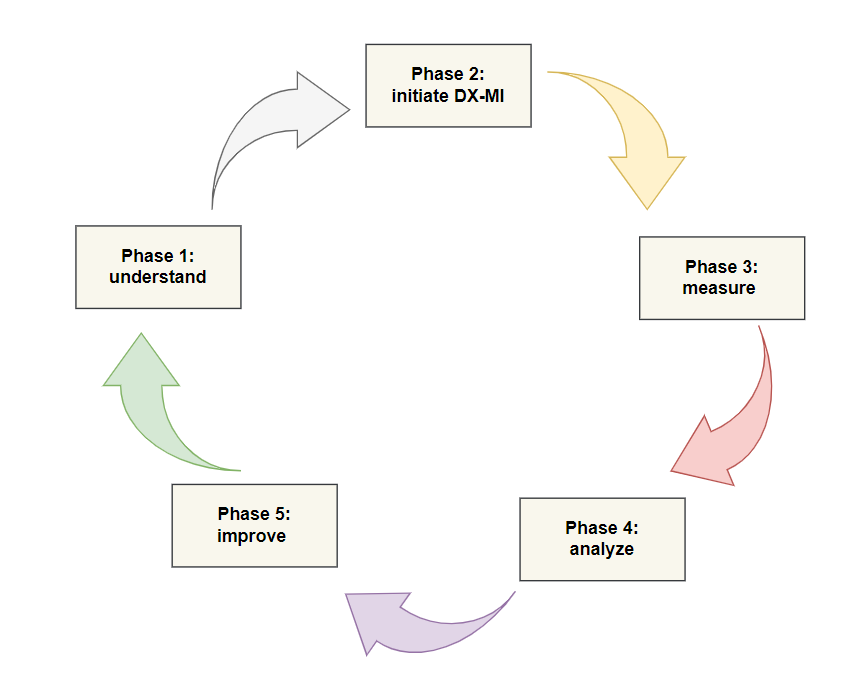Efecan Yılmaz, Neural and Ocular Correlates of Conceptual Grounding in Verbal Interaction: A Multimodal Hyperscanning Approach
In the present thesis, the social nature of learning in a verbal communication setting has been investigated by employing a multimodal hyperscanning method to correlate non-complex and replicable ocular and neural features with the socio-linguistic process of interlocutors establishing and sustaining conceptual common grounds. A dyadic interaction setting was formed with a dual-EEG, dual-fNIRS, and dual-eye tracking setup wherein experiment data were synchronized on the same time-domain to explicate these features. The results showed that replicable features for ocular, hemodynamic, and neuroelectric domains constituted both linear and non-linear relationships in between that correlate with linguistic behavioral data during dyadic verbal communication.
Date: 05.09.2024 / 15:00 Place: A-108
